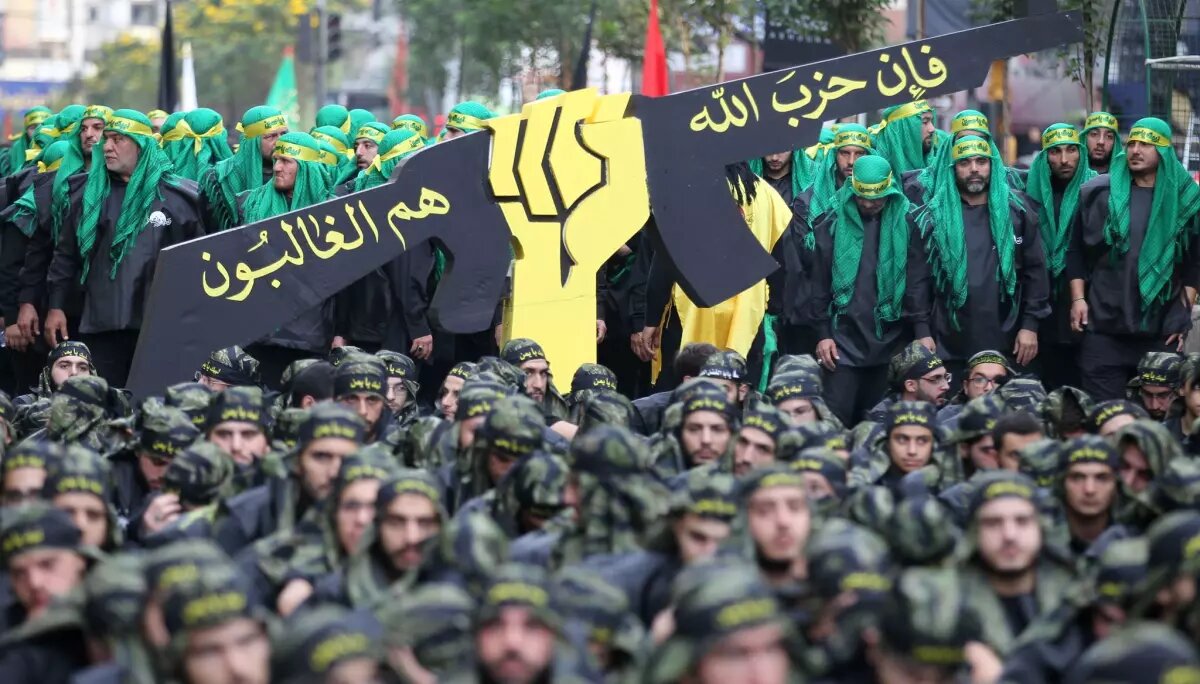Lebanon on the verge of repeating a historic mistake

TEHRAN — Lebanon, small in size yet strategically pivotal in the heart of West Asia, has long stood at the crossroads of regional and international interests and conflicts.
Its land borders with Syria and the occupied Palestinian territories, together with access to the Mediterranean, have made it a critical focal point in security and geopolitical calculations. Despite its limited territory, Lebanon has repeatedly been the target of political ambitions and military interventions by extra-regional powers and hostile neighbors.
Over the past half-century, two words have become inseparable from Lebanon: resistance and aggression. From the 1982 Israeli invasion and occupation of southern Lebanon to the widespread bombardments of 2006, from repeated air and drone strikes on Lebanese soil to violations of its maritime and airspace, Israel has consistently breached ceasefire agreements. According to United Nations and other international reports, in the last two decades alone, Israel has violated formal ceasefires dozens of times, carrying out direct military operations that have infringed upon Lebanon’s sovereignty. These acts of aggression have not only devastated infrastructure and undermined economic stability but have also claimed thousands of innocent lives and triggered successive waves of displacement and migration.
Within this context, Hezbollah’s role as the central pillar of resistance has been both undeniable and decisive. Born out of the realities of occupation and the abandonment of southern Lebanon’s population, the movement has, over five decades, succeeded in altering the region’s security equation. The 33-day war of 2006 stands as a stark example. While it was destructive, it demonstrated that Israel’s military machine could indeed be halted. The charismatic leadership of Sayyed Hassan Nasrallah, the movement’s organizational cohesion, and its broad popular support have turned Hezbollah into a strategic bulwark for preserving Lebanon’s territorial integrity.
Today, however, the Lebanese government’s decision to advance a plan that would effectively disarm Hezbollah is tantamount to opening the country’s gates to external threats. The history of the region has repeatedly shown that reliance on the security guarantees of foreign powers is an illusion. Syria offers a sobering precedent. When certain factions distanced themselves from the resistance in the hope of assurances from Tel Aviv and Washington, the result was an escalation, not a reduction, of Israeli aggression.
In recent years, Israel has violated agreed ceasefires unprecedentedly. From repeated attacks on border villages in southern Lebanon to deep drone incursions into its territory, these actions have often gone unanswered by the central government. Such silence has only emboldened Israel, undermining the delicate balance of deterrence.
The Minister of Foreign Affairs of the Islamic Republic of Iran, Abbas Araghchi, recently underscored with clarity and analytical precision that the push to disarm Hezbollah is driven not by concern for Lebanon’s well-being but by apprehension over the effectiveness and operational capability of this resistance force. The sharp reaction of Lebanon’s Foreign Ministry, framing his remarks as interference in domestic affairs, may appear at first glance to be a defense of political independence, yet in practice it risks disregarding the very backbone of the nation’s security.
A responsible government, before making any strategic decision, must place the security of all its citizens and the defense of its territorial integrity above all else. Weakening or dismantling a force that has time and again succeeded in containing enemy aggression is akin to removing the country’s defensive shield.
Lebanon now stands at a critical juncture in its history, where a single misguided choice could exact an unbearable price.
Leave a Comment